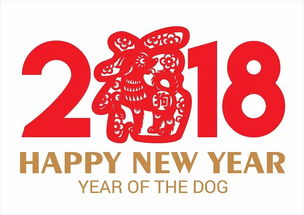
New

Year's Cold Facts
As we welcome a new year, there are many traditions and customs that we observe to mark the occasion. But, there are also some fascinating facts about the New Year that you may not be aware of. Here are some cold and curious facts that you may find interesting.
1. The New Year is celebrated around the world at different times
While most of us celebrate the New Year on January 1st, there are many different dates on which the New Year is celebrated around the world. The Chinese New Year, for example, falls between January 21st and February 20th, while the Jewish New Year falls on Rosh Hashanah, which usually falls in September or October.
2. New Year's Day is a public holiday in many countries
In many countries around the world, New Year's Day is a public holiday. This means that most businesses, schools and government offices are closed, giving people the chance to celebrate and relax with family and friends.
3. The origin of New Year's resolutions
The tradition of making New Year's resolutions dates back to ancient times. The ancient Babylonians made promises to their gods at the start of each year that they would return borrowed objects and pay off their debts. The Romans made promises to the god Janus, for whom the month of January is named, to behave better in the coming year.
4. The oldest New Year's Eve celebration
The oldest New Year's Eve celebration in the world is in Edinburgh, Scotland. The celebration, known as Hogmanay, has been celebrated since the Vikings invaded Scotland over 1,000 years ago.
5. The Times Square Ball drop
One of the most famous New Year's Eve traditions is the Times Square Ball drop in New York City. The first Times Square Ball was dropped in 1907, and the tradition has continued ever since.
6. The symbolic foods of the New Year
In many cultures, certain foods are eaten on New Year's Day because they are believed to bring luck and prosperity. In the Southern United States, for example, people eat black-eyed peas and collard greens, while in Japan, people eat soba noodles for longevity.
7. The New Year's baby
The tradition of using a baby to symbolize the New Year dates back to ancient Greece. The Greek God of wine, Dionysus, was often depicted as a baby, and the Romans adopted the image to represent the rebirth of the year.
As we usher in the new year with fireworks, champagne toasts and other festivities, it is important to remember the roots and traditions of this annual celebration. From the significance of different dates around the world to the origin of many of our customs, there is much to be learned about the New Year.